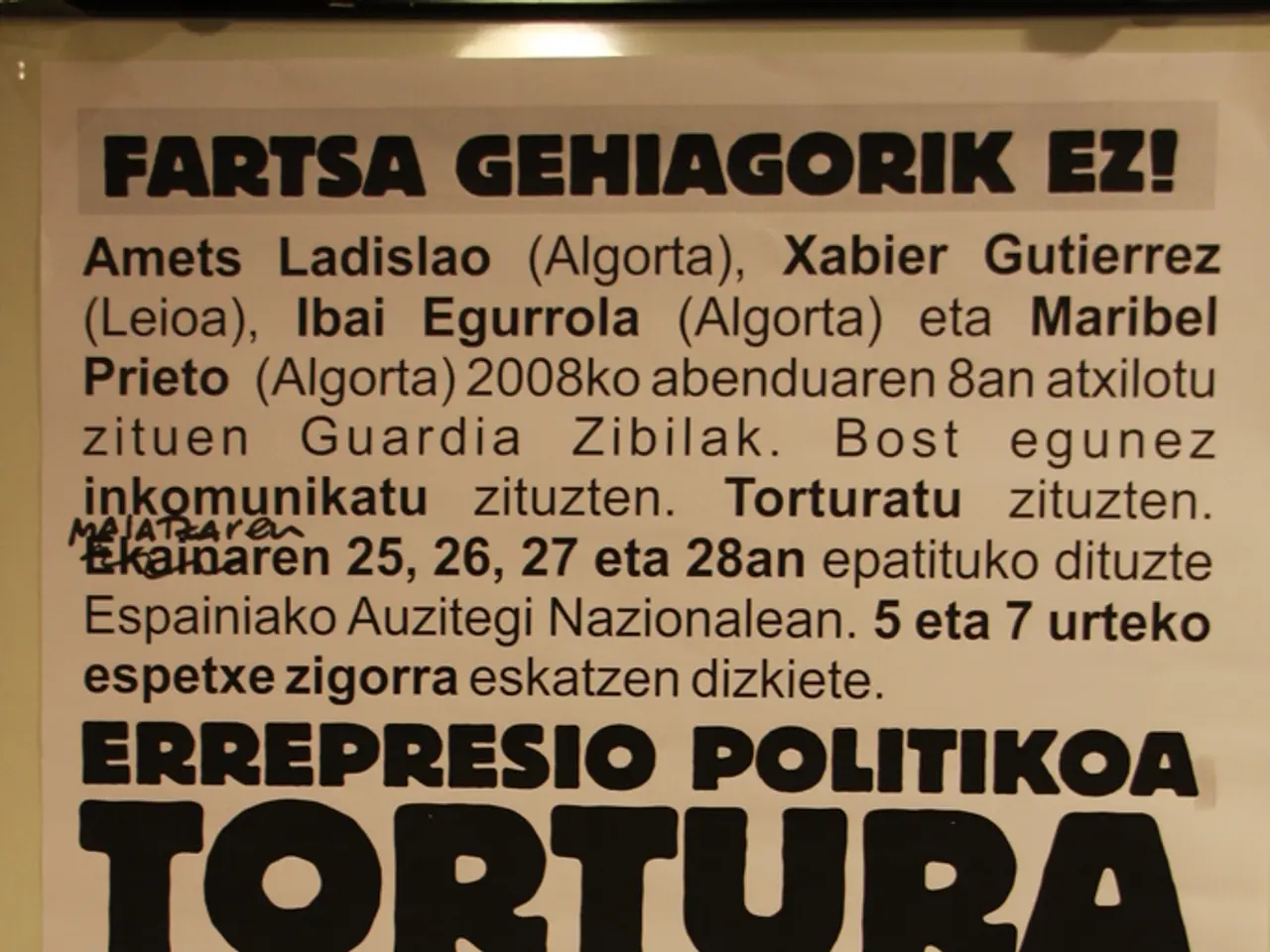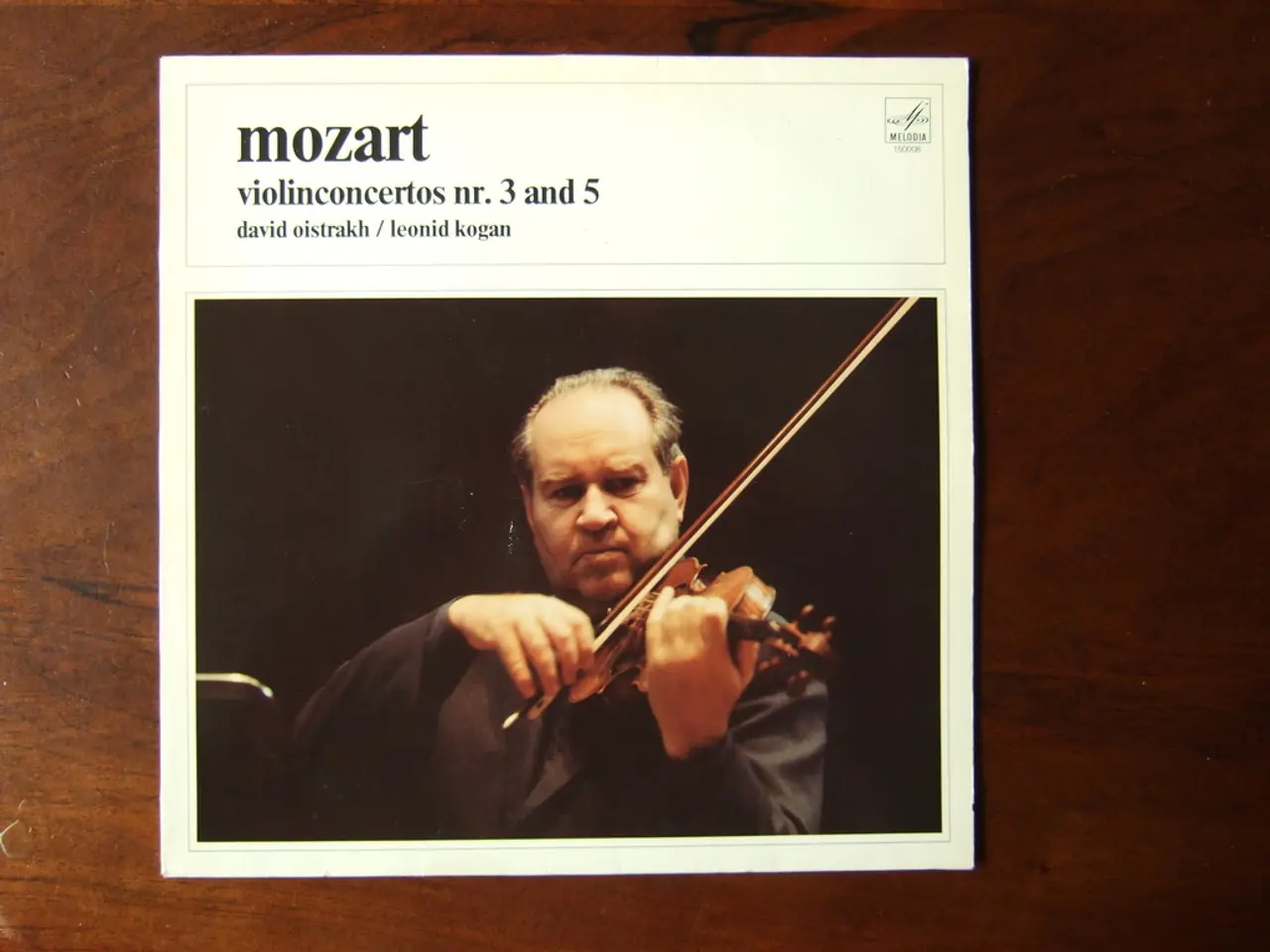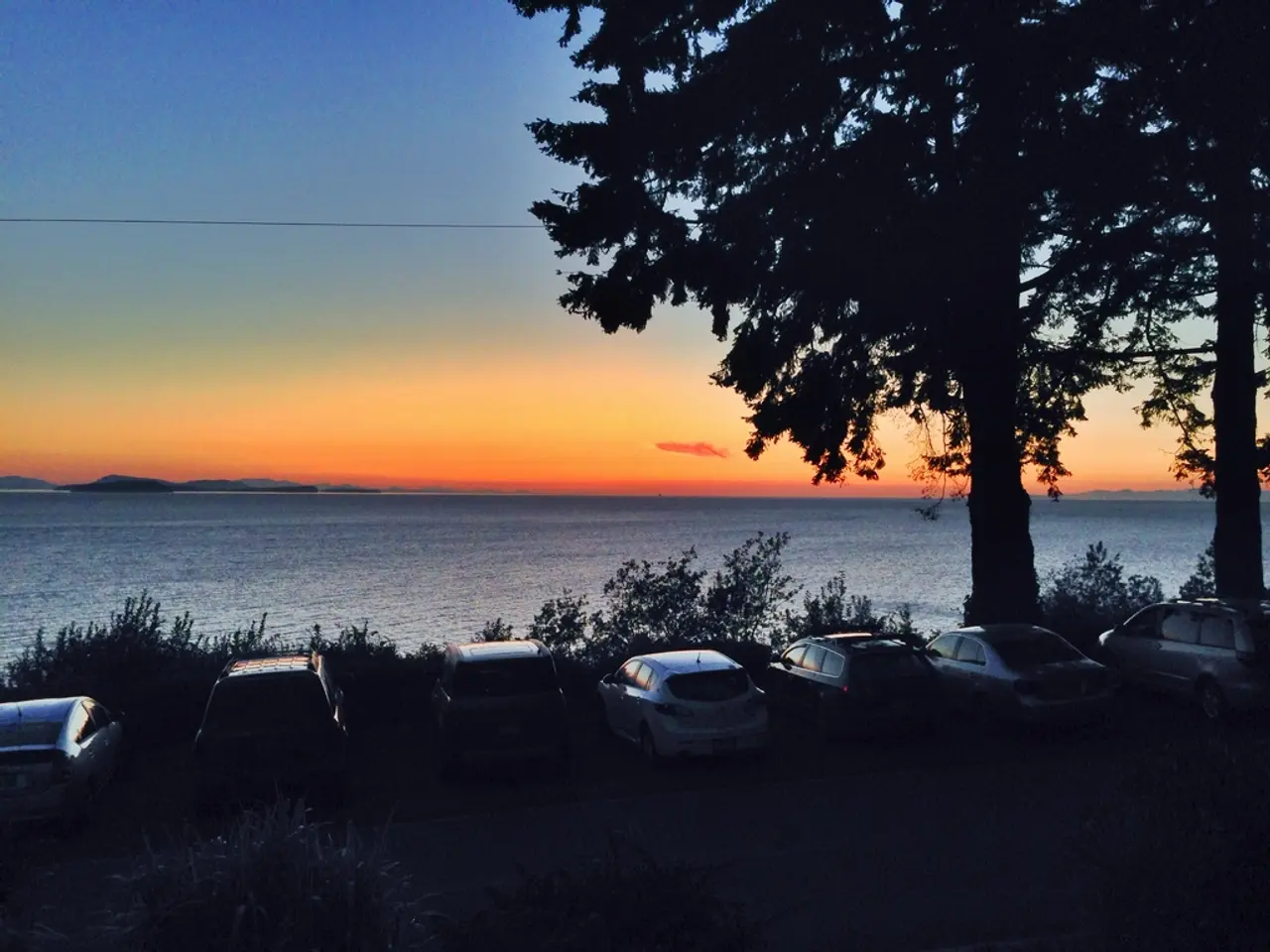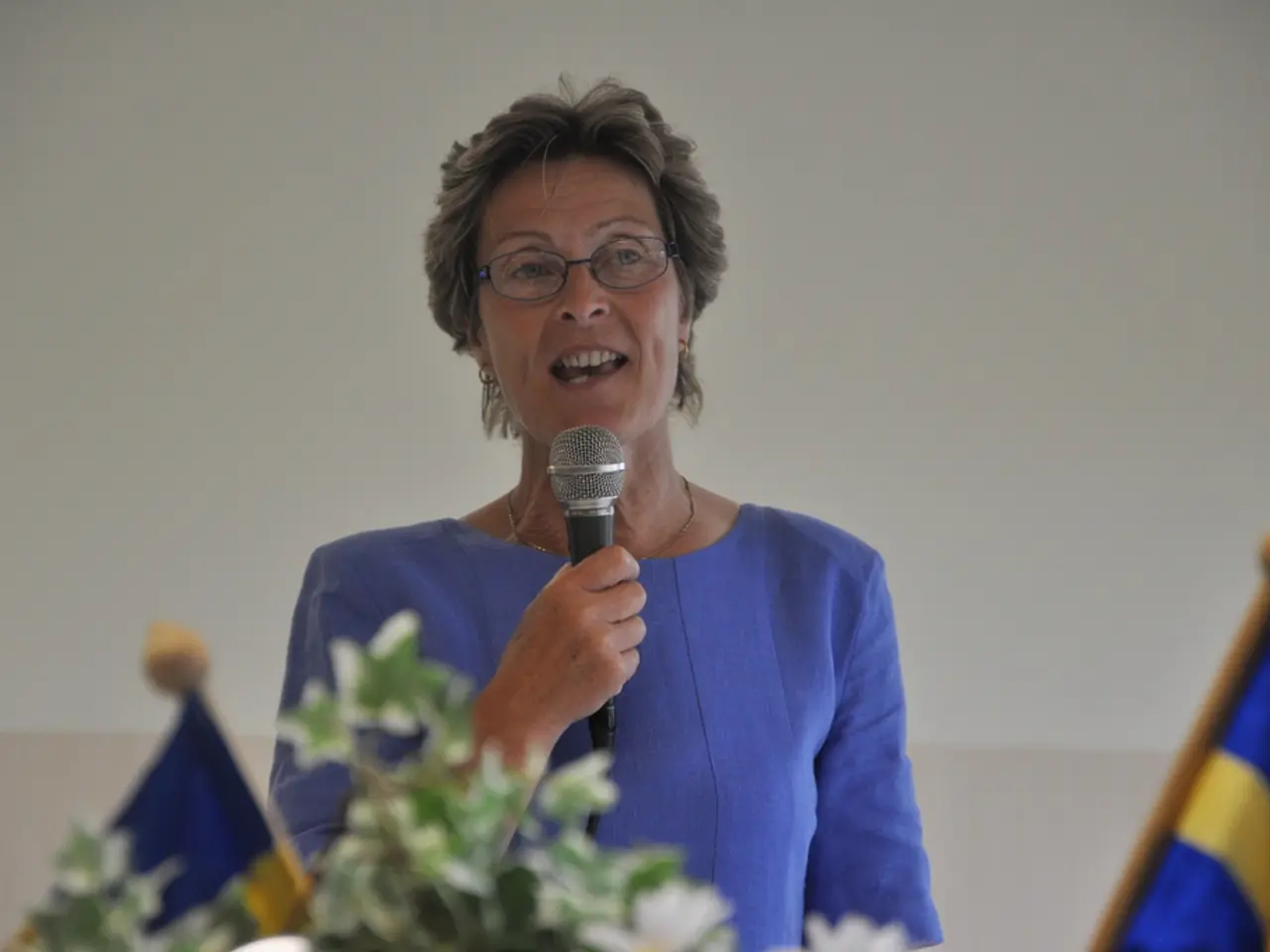Summer's top tune has met its demise, hail the new summer anthem!
In the heyday of the 90s, Gala's "Freed From Desire" echoed at the Club World Cup, a nostalgic attempt to create a summer anthem. A decade earlier, King África dropped a musical bomb in Spanish history with his hit song. However, the appeal of summer songs and summer romances seems to have waned over time.
Fast forward to 2025, the demand for a new summer song is high, as the traditional summer hit is no longer prevalent. This decline can be attributed to several interrelated factors. Traditional summer hits, often tied to specific events or radio and TV competitions, have waned as talent shows and digital platforms have transformed how hits emerge and spread.
The discontinuation of Festivalbar in Italy in 2007 marked the end of an era where seasonal hits were spotlighted by traditional media and competitions. Meanwhile, the rise of talent shows and digital platforms propelled artists like Giusy Ferreri to sustained presence rather than single seasonal hits.
Globally, summer songs historically became cultural phenomena through viral dances or mass participation, such as the 1990s global hit "Macarena." However, the current digital landscape fosters different viral movements, as seen with the recent "Brat Summer." This shift to broader cultural trends and online virality contrasts with the singular "summer song" phenomenon.
Manu Piñón, a cultural journalist, states that the traditional summer song no longer exists. He predicts that the concept of the song of the summer might be becoming outdated, yet suggests it might return, not ironically but nostalgically, for people who didn't live through the summers of the 60s, 70s, or 80s.
The absence of common meeting places, such as radio and television, is contributing to the disappearance of the traditional summer song. Artists like Karol G, Trueno, Duki, and others have become stars through the recognition of a wide, but not massive, niche.
Despite the decline, summer anthems still emerge, though often within more diverse and digitally-driven frameworks rather than centralized media campaigns or traditional festival promotion. Organizations often push events to the top, like Ricky Martin and Shakira setting the soundtrack for the 1998 and 2010 World Cups, respectively.
In the past, catchy, commercial summer songs like Luis Aguilé's "Juanita Banana" and Gabinete Caligari's "La culpa fue del chachachá" were popular. Manu Piñón, however, doesn't understand the song of the summer without virality. He suggests that the concept might return, but the traditional summer song formula, with easy-to-follow choreography and bright packaging, may have served its season after season.
As for the future, the impact of the summer song in recent times has required equal-magnitude events. However, the trend of naming summers around lifestyle or cultural themes suggests the concept has evolved. The summer song as a distinct cultural force tied to one or few tracks per season is less dominant and may continue evolving rather than disappearing entirely.
In the evolving music landscape of 2025, the demand for a new summer anthem persists, reflecting a shift from traditional hit-making methods to digital platforms and talent shows, such as those that propelled Giusy Ferreri to fame. Conversely, Manu Piñón, a cultural journalist, posits that the traditional summer song, characterized by catchy, commercially viable tracks like "Juanita Banana" or "La culpa fue del chachachá," may be outdated due to the importance of virality in today's entertainment industry, where the "Brat Summer" serves as a contemporary example.






